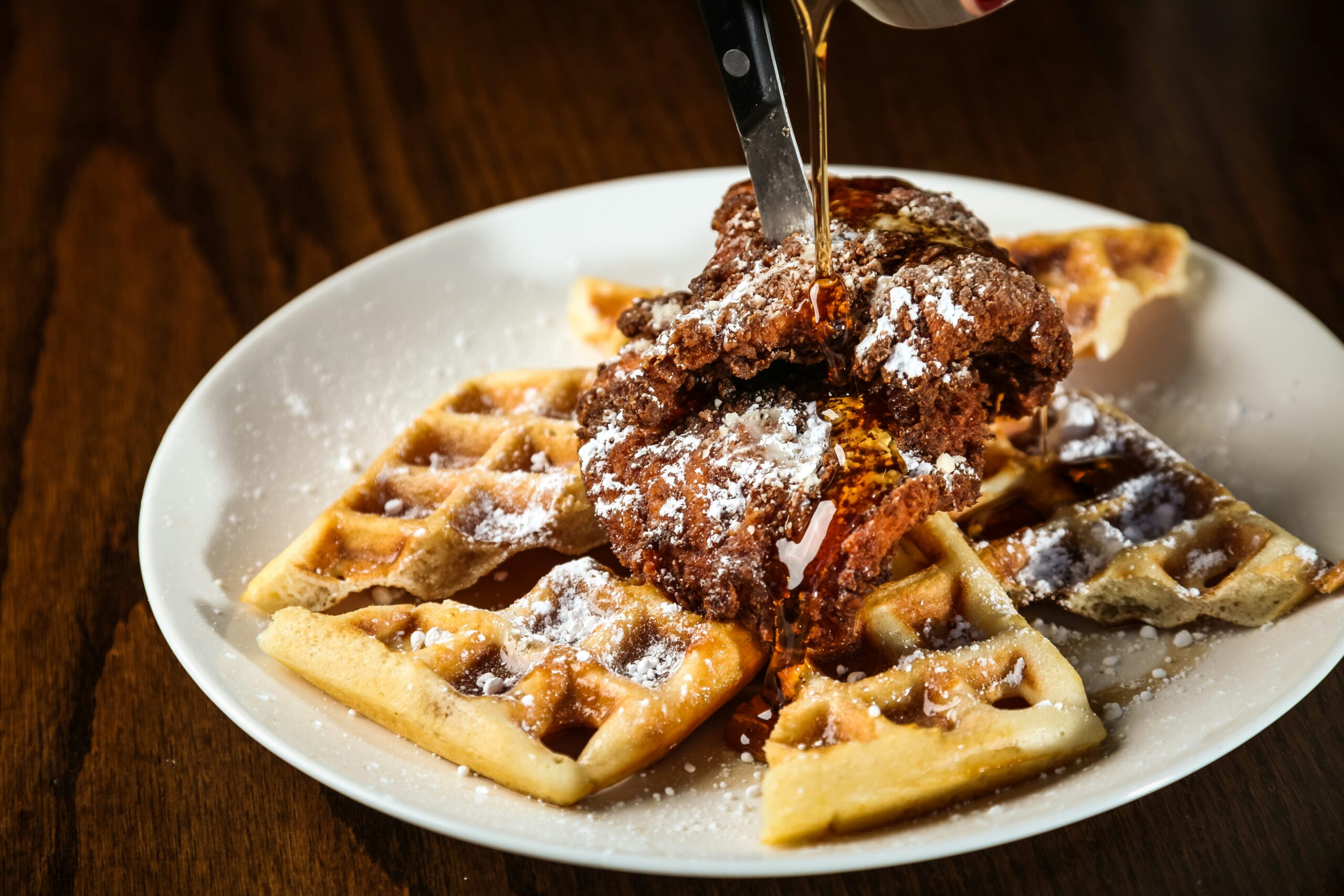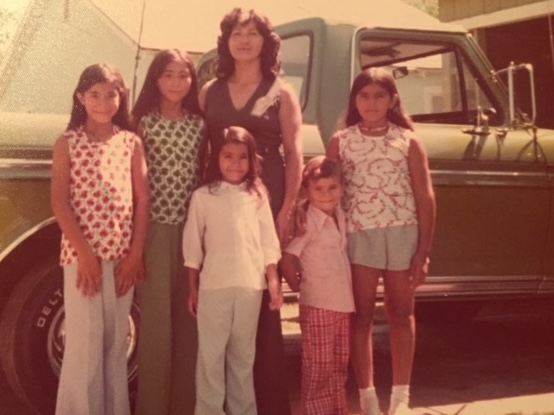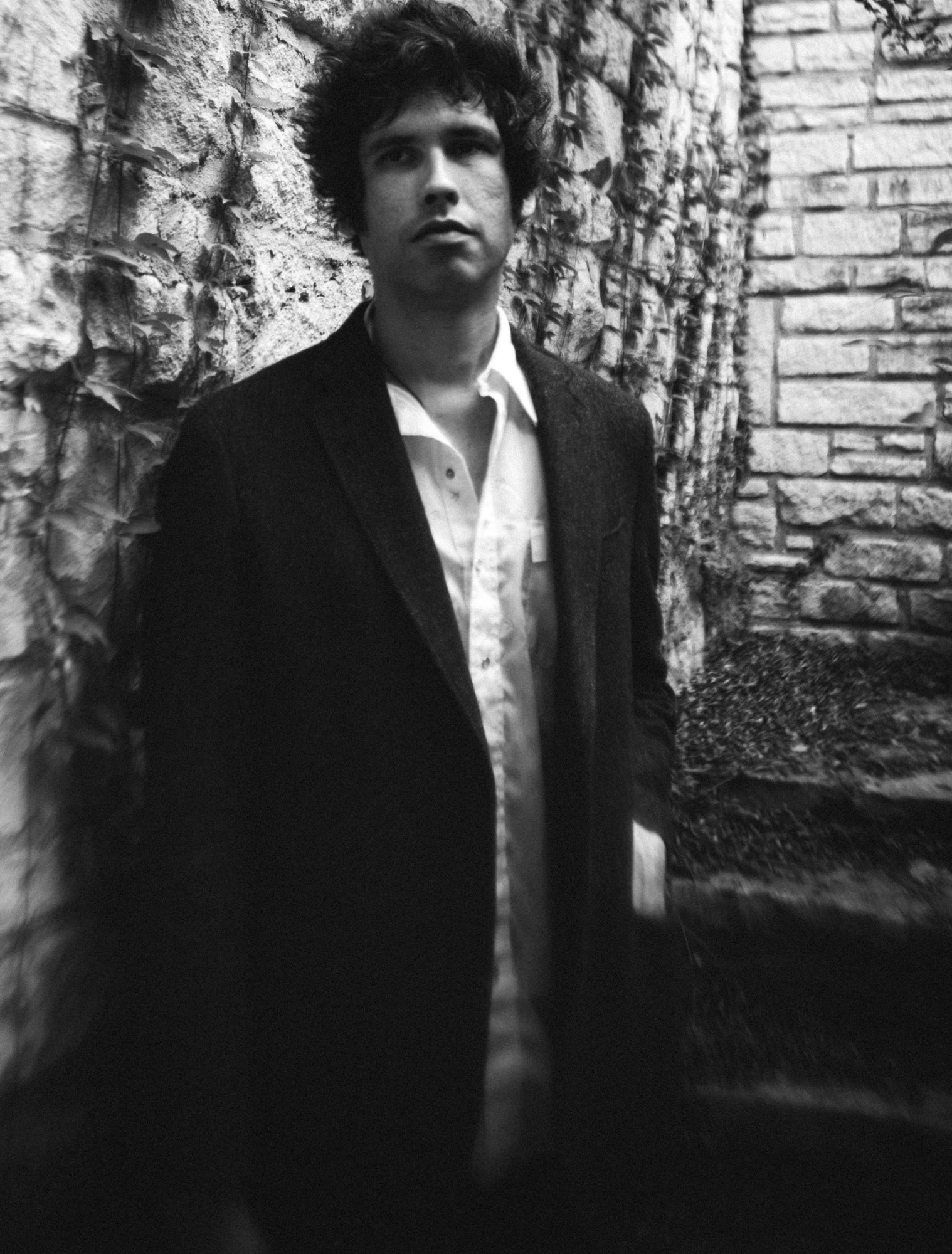at cedar park café, praised for their chicken & waffles,
i sit at the corner table, & a young blonde child
with their family in front of me takes a sip of water,
looks right at their parents, raises their right hand,
back straight: i commit to not look at my phone,
even when it’s right in front of me.
i make the same commitment to myself every day.
before recovery, no amount of self-control could bring myself
to stop it. i was sort of big but the phone was bigger.
this compulsion is real & serious—i thought it, i knew it,
i’d pray for my behavior to change the next day.
first thing the next morning, my hand would up
& move itself, no thought of the rest of the body.
like any addict there is hope for us too.
in recovery—yes—i turn to meetings,
turn to phone calls, to God & to fellows,
& to readings. i pick up, i slip, i try again,
further away from where i was (the hours & days),
& closer to where i want to be
(so many more hours, so many more days).
my chicken & waffles are served,
melted butter & maple syrup & crispy chicken
& warm sweet & spicy sauce.
i put my phone (just a notebook) back down.
the parent: put your phone away.
the child: we’re going to have to put it in the fire of death.
the parent: the phone?
the child: yes, in the fire of death.
the parent: we don’t need to put it in a fire of death.
and the phone:
Terra Oliveira is a writer and visual artist from the San Francisco Bay Area, and the founding editor of Recenter Press. Her poems have been published in The American Poetry Review, Puerto del Sol, and elsewhere. During the week, you can find her managing two bookstores in the North Bay.












